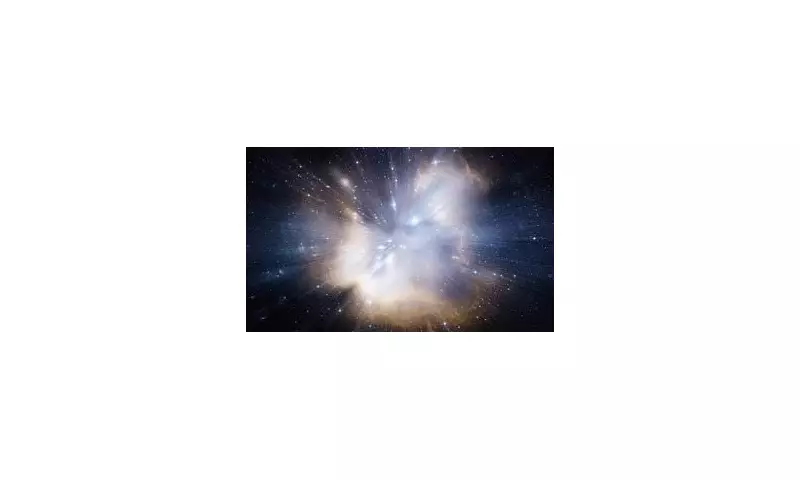
A remarkable convergence of scientific discoveries across multiple disciplines is leading researchers to a startling conclusion: the universe shows overwhelming evidence of intelligent design. From the precise fine-tuning of cosmic constants to the breathtaking complexity of biological systems, science may be pointing toward the existence of a divine creator.
The Cosmic Blueprint: A Universe Fine-Tuned for Life
Astrophysicists have identified what they call the 'Goldilocks principle' in cosmology - the universe appears perfectly calibrated to support life. The fundamental constants of physics, from the force of gravity to the strength of nuclear forces, are balanced with such precision that even minute variations would render life impossible.
Professor James Sinclair, a theoretical physicist, explains: 'The probability of all these constants aligning by chance is statistically equivalent to winning the lottery billions of times consecutively. This degree of fine-tuning demands an explanation beyond random chance.'
Biological Complexity: The Signature of Design
In molecular biology, the discovery of DNA's intricate information coding system has revolutionised our understanding of life's origins. The genetic code operates with sophistication that exceeds humanity's most advanced computer systems, containing instructions that govern the development of every living organism.
Dr Sarah Chen, a molecular biologist, states: 'What we're finding in cellular machinery resembles engineered systems more than random evolutionary products. The level of coordinated complexity suggests purposeful design rather than accidental assembly.'
Quantum Mysteries and Consciousness
Quantum physics continues to baffle scientists with phenomena that challenge materialistic explanations. The role of consciousness in determining reality at subatomic levels, coupled with the universe's mathematical intelligibility, points toward a mind-like foundation to existence.
Key findings challenging purely materialistic explanations include:
- The mathematical elegance underlying physical laws
- The observer effect in quantum mechanics
- The origin of consciousness from non-conscious matter
- The universe's beginning in the Big Bang
A New Dialogue Between Science and Faith
Rather than contradicting religious belief, modern science appears to be opening new avenues for dialogue between faith and reason. Many scientists now argue that the evidence points toward a universe that is not only rationally comprehensible but purposefully arranged.
As Professor Sinclair concludes: 'Science isn't proving God in the traditional theological sense, but it's increasingly difficult to deny that the universe bears the hallmarks of intelligent causation. The evidence leads us to consider that we inhabit a created reality.'
This growing body of scientific evidence doesn't compel belief, but it certainly makes the case for intelligent design more scientifically respectable than ever before.





